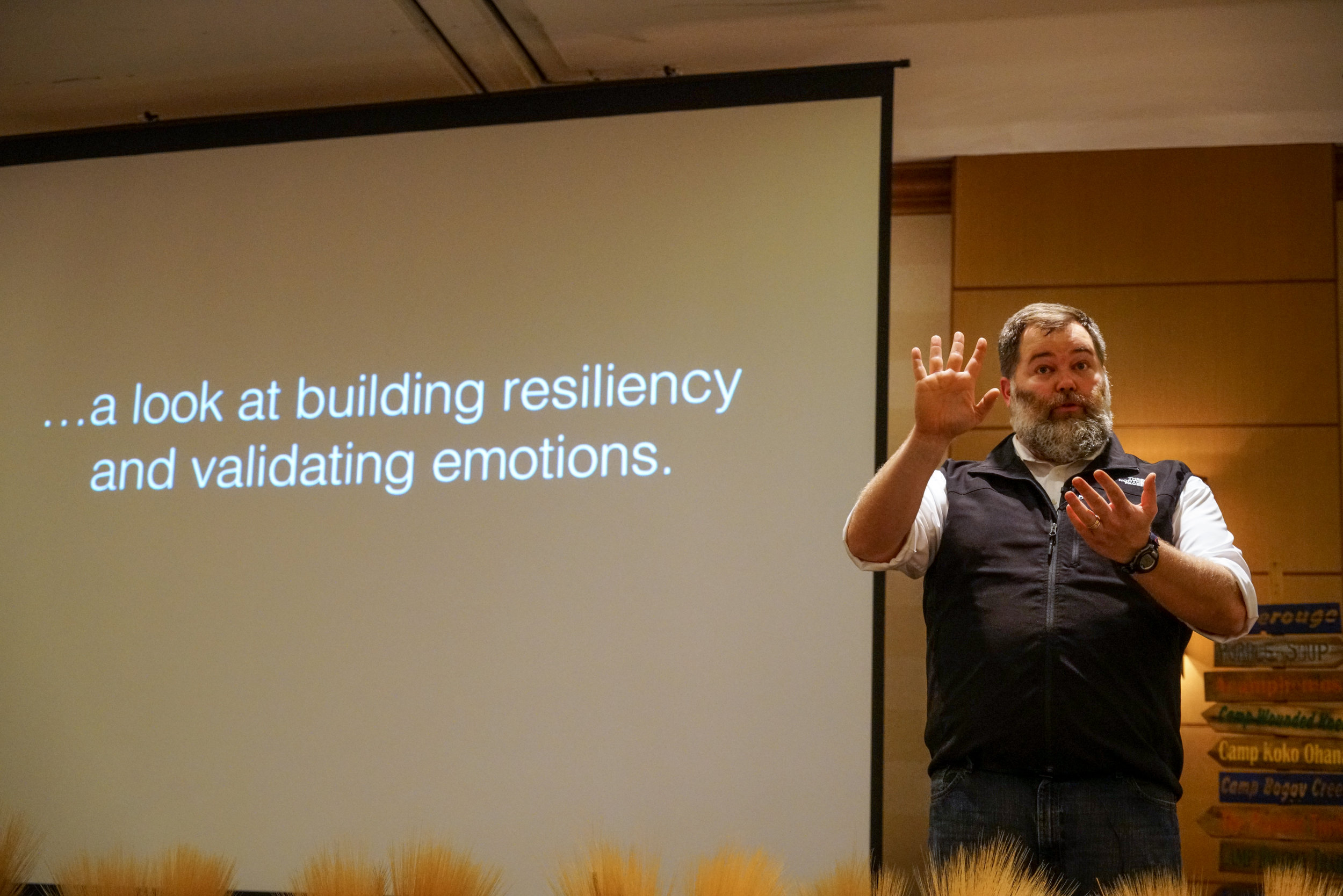Pfizer Rare Disease
Pfizer is one of the world’s premier biopharmaceutical companies, with a range of focus in rare disease, looking at hematology, neuromuscular disorders, and pulmonary diseases. Pfizer has adopted an innovative and collaborative approach to the development of new medicines for patients with rare diseases. By creating strategic partnerships with academic institutions, patient advocacy groups, and commercial enterprises, Pfizer has been able to accelerate the development of novel therapeutics across the entire spectrum of rare diseases. This strong commitment to collaboration is highlighted by the Rare Disease Consortium agreement between Pfizer, and six of the leading Universities in the UK, providing a vehicle to work collaboratively with leading physician scientists on drug discovery projects.
Nowhere has Pfizer been more collaborative, or committed, than in Hemophilia.
For over 18 years, Pfizer has worked to develop and improve upon therapies for both Hemophilia A&B, allowing a generation of young adults to experience relatively normal, active lives, with typical life expectancy. This is all the more exceptional when we consider that just a few generations before, patients rarely survived past the age of eight, and if they did, they lived with debilitating joint damage, pain, and fear of what the next bleed would bring.
Pfizer's Guiding Principles
Scientific Innovation
Pfizer scientists and research partners apply the latest advances in science and technology to meet the most demanding healthcare challenges of today, with an eye always on the future of therapies for rare disease patients.
Public Health Impact
Pfizer medicines and vaccines save or improve countless lives, and consumer products, like the new The HemMobile® Striiv®Wearable empower people to take care of themselves.
Partnership
Pfizer partners with governments, non-profits, and other organizations to ensure that more people around the world have access to the medicine and resources they need.
Ethics and Best Practices
Pfizer promotes only the highest standards of ethical behavior, industry compliance, and personal integrity in everything it does. With exacting policies and procedures, industry-leading training programs and internal monitoring and auditing, Pfizer is committed to complete, and transparent ethical accountability.

GutMonkey is an experiential education company whose mission is to design and deliver engaging, relevant, and emotionally-centered programs that psychosocially support, and navigate people towards better adherence to a wide range of healthcare behaviors. We have a 13 year history in bleeding disorders that began at summer camps and has evolved to encompass programs that focus on the diverse needs and demographics of the entire bleeding disorders community. We serve this mission through programs that attempt to address 4 key areas of medical education:
Improve Health Outcomes
Build Community
Dismantle Stigma
Increase Awareness
The Bleeding Disorders Community
GutMonkey has 17 years of experience in finding creative ways to engage:
Teens & Young Adults
GutMonkey has been particularly committed to teens and young adults, a demographic we qualify as being between the ages of 13-30, and who are very diverse in their geographic dispersion, race, ethnicity, socioeconomic status, background, experiences, physical and developmental abilities, level of education and exposure to opportunities. We do not intend to generalize teenagers or young adults in the bleeding disorder community, however, GutMonkey views this age range as a developmentally related span. As teenagers transition into young adulthood, many of the cognitive and social skills we marshall as adults are still being developed well into our twenties. Thus, the challenges facing this broad demographic are similar, and may lead to negative behaviors and significant impacts on medication adherence, as suggested by both clinicians and academic literature. Anecdotal accounts have been collected from community members in an attempt to illuminate some of the core issues of this target group as a way to better understand their needs, challenges, and behaviors. These compounding issues are taken into consideration when designing program components, and often include:
Lower expectations from parents and educators around level of involvement, ability to succeed, etc…
The unique developmental stage of young adulthood, with a focus on the present rather than the effects of long-term choices and behaviors
Emotional issues such as anxiety and depression arising from fears and limitations associated with having a bleeding disorder
Struggles with self-infusion and the shame of admitting that as a young adult
Confusion around important issues like employment, insurance, genetics and safety
Low adherence to prescribed treatment program
Low adherence to treatment as a means to create a sense of control or independence
Consequences of unstable insurance coverage
Basing employment and career planning on access to insurance
Use of state or federal disability as income
Employment with low expectations and little career development from home health companies
Abuse of pharmaceuticals; ex. pain killers and/or other illicit drugs
Mature Adults
Mature adults, those above the age of 30, also face challenges around health care management and good self-care. While the adherence to prescribed treatment regimens may be better, older adults are juggling different responsibilities with parenthood, career development, home ownership, the care of aging parents, and the effects of their bleeding disorder on their joints and mobility. These realities can all contribute to a lack of physical activity and overall attention to broader healthcare maintenance. In addition, this group is also dealing with the medical challenges from aging that anyone encounters on top of their bleeding disorder concerns. As a result, this group also faces different psycho-social considerations and issues, including:
Overall emotional health challenges from dealing with the various ways that living with a bleeding disorder presents for an individual over a lifetime
Healthy sexual relationship concerns stemming from possible comorbidities, body image issues due to bleeding disorder related limb atrophy and joint fusion, reproductive struggles, heavy menstrual cycles, and performance concerns stemming from mobility challenges
Emotional issues arising from the effects of their bleeding disorder on their body and the impact of HIV and Hepatitis C on themselves and/or their community
Career and job concerns based on challenges with maintaining a steady presence at a job and struggles with limited choice around profession due to physical challenges
Decisions around parenthood, and the impacts of being a “carrier”
Concerns over disclosing their bleeding disorder status and/or comorbidity status to friends, potential employers, significant others, and/or children
Anxiety stemming from a concern about access to care as they age
The overall implications of living with pain from infusions, bleeds, joint disease, etc…
Opioid abuse and pain management challenges
Why GutMonkey?

The History
Pfizer and GutMonkey have a long collaborative history, beginning with the first Leading Edge teen programs offered to chapters in 2006. The relationship hit another milestone in 2013, with the first Leading X trip for young adults with Hemophilia, a truly groundbreaking program, incorporating adventure education concepts and real physical challenge in a six-day sea-kayaking trip. That trip would bring national attention at the following year’s National Hemophilia Foundation Annual Symposium. Val Bias was so moved by the short documentary made about the first Leading X expedition, he insisted on sharing it during his opening session. Pfizer and GutMonkey responded to the community outpouring of excitement with four Leading X trips in 2015, creating more opportunities for people with Hemophilia to get active and inspired about what they were capable of achieving with proper treatment. Pfizer also supported an expansion of the Leading Edge program to include Keynote presentations, in addition to teen or teen-parent programs. As of 2017, GutMonkey and the Leading Edge contract with Pfizer, are reaching close to 2,500 patients, and family members in the bleeding disorders community with relevant, experiential programs that are not just changing behaviors, but changing lives.
Pfizer should be proud of this consistent commitment to investing in the health and success of individual patients for 11 years.
The Future of Hemophilia Care
There is a lot of new territory to be explored in the decade ahead for Pfizer, and GutMonkey will continue to offer authentic and important opportunities for Pfizer to connect with patients and provide unique, high-quality medical education as therapies evolve. In our time in Hemophilia, we have seen incredible advances in the standard of care for patients, as well as the range of therapies available. Pfizer has long been a leader in these areas, and once again is positioning itself to become the leader in gene therapy, an incredibly exciting opportunity for both A and B patients. In considering the need to both raise awareness around what gene therapy is, as well as provide education around why patients should be considering how gene therapy might impact their lives, Pfizer will want to pay special attention to how it continues to engage the community it hopes to convince of gene therapy’s efficacy and relevance.
Pfizer has done a tremendous amount of work, and made considerable investments in building relationships within the Hemophilia community with trusted partners like GutMonkey. Pfizer will want to develop a strategy for keeping the community engaged, and fully tell the story of what the company is doing to continue to invest in Hemophilia patients. GutMonkey is a proven partner in engagement strategy, and Pfizer is the only company in the marketplace offering programs of the vision and scale of Leading Edge and Leading X. Now is the time to lean into the history that we have created through those programs, and talk about the exciting future that we all share. Imagining what will be possible with gene therapy is a story GutMonkey would very much like to explore, and legacy programs like Leading X are a powerful way to do so.
Exploring What's Possible
Exploration is at the core of our company mission and our programs are designed to reflect that. Whether we are literally exploring a landscape from the hull of a canoe, or we are using that landscape as the metaphor to begin an exploration of how we feel about a particular subject, exploring what is possible, and redefining what is possible as a result, is what we do. Pfizer has the opportunity to use this incredible alignment between our two organizations to engage in otherwise unattainable patient engagement. Chandler Chicco may understand the role of patient advocacy and influencer potential, but they cannot deliver on it the way GutMonkey can. Inventiv Health will offer you patient engagement planning, and behavioral and adherence-based programs, and will then contact our organization to run them. They already have. These agencies rely on organizations like GutMonkey to bolster the relevance of their offerings and fee structures. They cannot create the level of engagement or content that GutMonkey already does. Let’s use the story of our shared history to Pfizer’s advantage, at a time when Pfizer needs a patient engagement strategy that understands its position in the marketplace, it’s history with the community, and can design programs that more effectively tell the story of what Pfizer is trying to make possible for the Hemophilia community. GutMonkey doesn’t need to be briefed on any of these critical areas of understanding, because we have been by your side for over a decade.

















